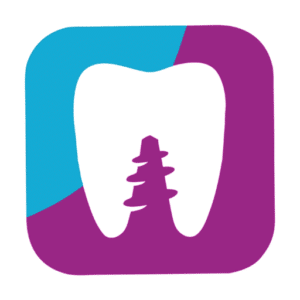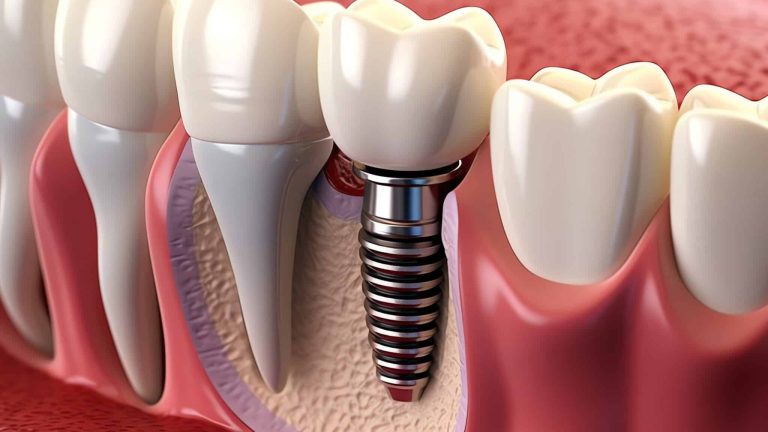Bruxism is a condition that affects millions of people worldwide and is characterized by the involuntary clenching or grinding of the teeth, whether during the day or while sleeping. Although there are many factors that can influence its onset, stress is one of the main triggers.
In this article, we will explore the relationship between stress and bruxism, its symptoms, potential complications, and effective strategies to reduce its effects and improve oral health.
What Is Bruxism?
Bruxism is a mandibular dysfunction that can be either conscious or unconscious and is divided into two main types:
- Daytime Bruxism: This occurs when a person involuntarily clenches their teeth during the day, generally as a response to stress, anxiety, or extreme concentration.
- Nighttime Bruxism: This occurs during sleep and is often harder to detect, since the person is unaware that they grind their teeth while sleeping.
Both types can have negative consequences for oral health, the facial muscles, and the temporomandibular joint (TMJ).
The Connection Between Stress and Bruxism
Stress is the body’s response to situations of physical or emotional tension. When stress remains at elevated levels for prolonged periods, the body responds with muscle tension, which can affect the jaw and trigger bruxism.
People under high levels of stress tend to contract the muscles of the face and jaw unconsciously, which leads to dental wear and muscle pain. Moreover, high levels of cortisol (the stress hormone) can alter sleep patterns, making nighttime bruxism more frequent and intense.
Factors That Worsen Stress-Related Bruxism
- Anxiety and Depression: Altered emotional states can intensify teeth clenching.
- Sleep Problems: Insomnia, sleep apnea, or frequent interruptions during the night can exacerbate nighttime bruxism.
- Poor Diet: Excessive consumption of caffeine, alcohol, or processed foods can stimulate the nervous system and increase jaw tension.
- Habits Such as Nail-Biting or Chewing Gum: These behaviors can contribute to dental wear and increase muscle tension.
Symptoms of Bruxism
Bruxism can manifest in different ways depending on its intensity and duration. Some of the most common symptoms include:
- Jaw pain and soreness in the facial muscles upon waking.
- A feeling of tension or stiffness in the neck and shoulder area.
- Recurring headaches, especially in the temple area.
- Wear or fractures in the teeth due to constant pressure.
- Dental sensitivity to cold or heat.
- Grinding sounds during the night (noticed by a family member or partner).
- Pain or inflammation in the temporomandibular joint (TMJ), which may cause difficulty in opening or closing the mouth.
Complications of Untreated Bruxism
If bruxism is not controlled in time, it can lead to serious oral and general health problems, such as:
- Excessive enamel wear, increasing the risk of cavities and sensitivity.
- Tooth fractures or cracks.
- Issues with the temporomandibular joint (TMJ), causing difficulties in chewing or speaking.
- Tooth loss in severe cases.
- Chronic pain in the jaw, head, and neck.
- Altered sleep quality due to muscle tension and pain.
How to Reduce the Effects of Stress-Induced Bruxism
Managing bruxism requires a comprehensive approach that combines dental care with stress-reduction techniques. Here are some effective strategies:
1. Use of Dental Splints or Night Guards
Dentists can design custom splints or occlusal guards that prevent direct contact between the teeth and reduce dental wear. These devices help alleviate pressure on the jaw and protect the teeth during the night.
2. Relaxation and Stress Reduction Techniques
Since stress is a key trigger for bruxism, implementing relaxation techniques can be very beneficial:
- Meditation and Deep Breathing: Practicing mindful breathing exercises can help reduce muscle tension.
- Yoga and Facial Stretching: Yoga and stretching exercises can relax the jaw and reduce the impact of bruxism.
- Psychological Therapy: In cases of chronic stress, cognitive-behavioral therapy may be beneficial.
3. Massages and Jaw Exercises
Applying gentle massages to the jaw and facial muscles can help relieve tension. Some recommended exercises include:
- Slowly opening and closing the mouth to relax the jaw muscles.
- Massaging the temples and jaw area with circular motions.
- Applying heat with a warm towel on the face before sleeping to relax the muscles.
4. Correction of Harmful Habits
It is important to eliminate habits that can intensify bruxism, such as:
- Biting nails, pencils, or any hard object.
- Excessive gum chewing, as it overloads the jaw muscles.
- Drinking too much coffee or alcohol, or excessive tobacco use, as these can increase muscle tension.
5. Improve Sleep Quality
Adequate rest is essential to reduce nighttime bruxism. Some recommendations include:
- Establish a regular sleep routine with consistent bedtimes and wake-up times.
- Avoid electronic screens before bed.
- Keep your bedroom dark and quiet.
- Avoid heavy or stimulating meals before sleeping.
6. Dental and Medical Treatments
If bruxism is severe, it is advisable to consult a dental specialist to evaluate treatment options, such as:
- Bite Adjustments: If there is dental misalignment, the dentist may recommend orthodontics or other procedures to correct it.
- Botulinum Toxin Therapy (Botox): In extreme cases, Botox can relax the jaw muscles and reduce the intensity of bruxism.
- Muscle Relaxant Medications: In some cases, doctors may prescribe temporary muscle relaxants to alleviate jaw tension.
Conclusion
Bruxism is a common problem that can have serious consequences if not treated in time. The relationship between stress and bruxism is clear, so reducing anxiety and tension is key to controlling this condition.
If you experience symptoms of bruxism, it is important to consult a specialist to receive appropriate treatment and prevent complications.




